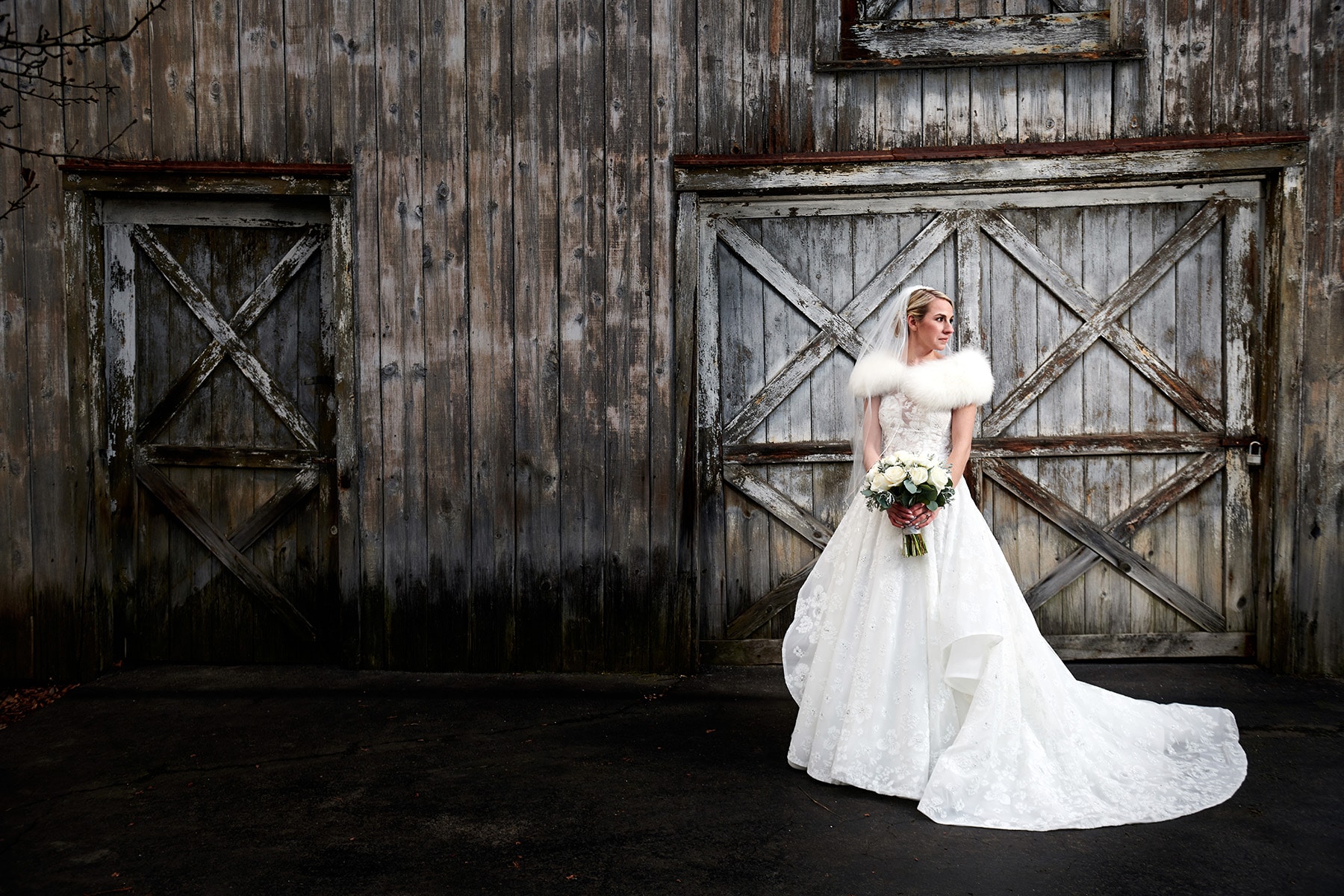
We all know that weddings can be expensive. A well thought out budget is a must have to keep your costs in line and be able to afford what is most important to you on your wedding day. Not everyone will spend the same amount of money on photography, music, or food, but the tips below apply to wedding budgets of all sizes!

1. Know who’s paying what.
The first step in figuring out your budget is knowing who’s contributing funds. Sometimes the bride’s family will cover the whole cost of the wedding, but more often it’s a combination of both families, as well as the bride and groom. Discuss with everyone involved how much they’d like to pay or consider having each family cover a particular part of the wedding, like the flowers or catering.
2. Keep your funds organized.
Consider putting all your wedding money in a single checking account, so you can easily track your spending without confusing your wedding budget with your daily expenses.
3. Be honest about your spending limits.
Tell potential vendors your budget upfront, so there are no surprises when you’re ready to book. While most vendors will have preset packages or collections, don’t hesitate to ask them to customize a package specifically for you! There is no such thing as a bad question.

4. Budget for the small details.
Don’t forget to include the small but essential things in your budget, like stamps for your save-the-dates and invitations and even marriage license fees. None of these items may cost much, but when added up, they can easily put you over budget if you don’t plan ahead.
5. Be careful using credit.
Credit cards are a great way to pay for wedding expenses. You can rack up reward points that can help pay for your honeymoon. But be careful not to overdo it with credit and don’t charge more than you can pay off in the next 30 days. Also, check with your vendors. Many cannot take credit card payments for services happening well in the future.
6. Be aware of extra costs.
When booking vendors, ask about any additional costs so you can be sure your budget will cover them. This includes extras like service fees or mandatory tips for the venue staff.

7. Prioritize your wants and needs.
Allocate a little extra money for the things that matter most to you, whether that’s the music, the food, or your gown. Focus your time and money on the parts of your wedding that you care most about.
8. Skip the high-priced extras.
There’s no reason to pay more for upgrades you don’t need. Don’t let vendors pressure you into extras you’re indifferent about. Instead ask yourself, “Is this item important to me or my fiancé?” If it’s not, consider cutting it and saving your money for more important things.
9. Do your research.
When building your budget, look into the general costs for vendors in your area. You don’t want to under-budget and then be unable to afford the photographer you want.

10. Plan to go over budget.
Add some cushion into your wedding budget. A good strategy is to designate about 5% of your budget for unplanned costs, like replacing a piece of wedding décor that breaks at the last minute.
YOU MIGHT ALSO LIKE
OTHER HELPFUL TIPS

How Many Hours of Wedding Photography Do You Need?
You’re planning your wedding and have found the photographer of your dreams! But what package do you want from them? Will you want photos of the whole day, from getting ready to leaving the reception, or would just half the day do? Do you need to add on extra hours?...

To First Look or Not to First Look? Reasons Why a First Look may be Best for You!
The groom seeing the bride for the first time as she walks down the aisle is a time-honored wedding tradition. But these days, more and more couples are opting for a first look—an intimate moment between the bride and groom before the ceremony captured by their...
0 Comments